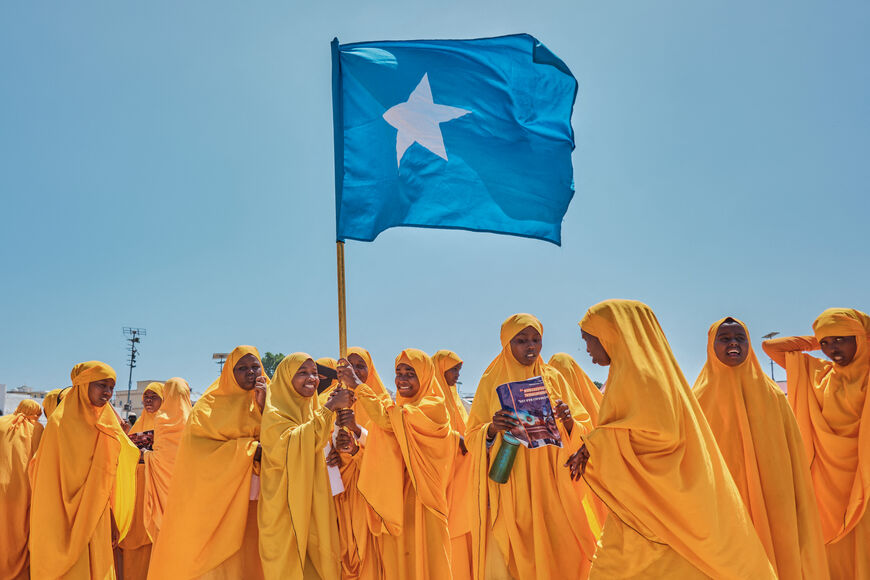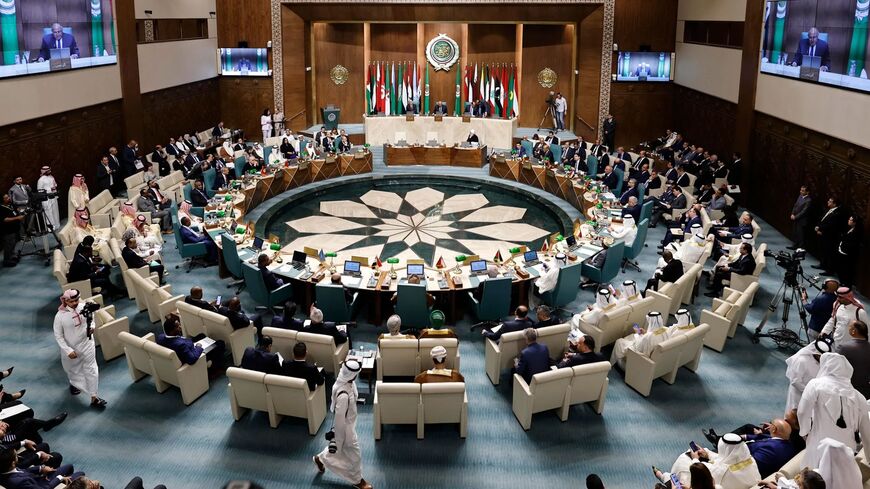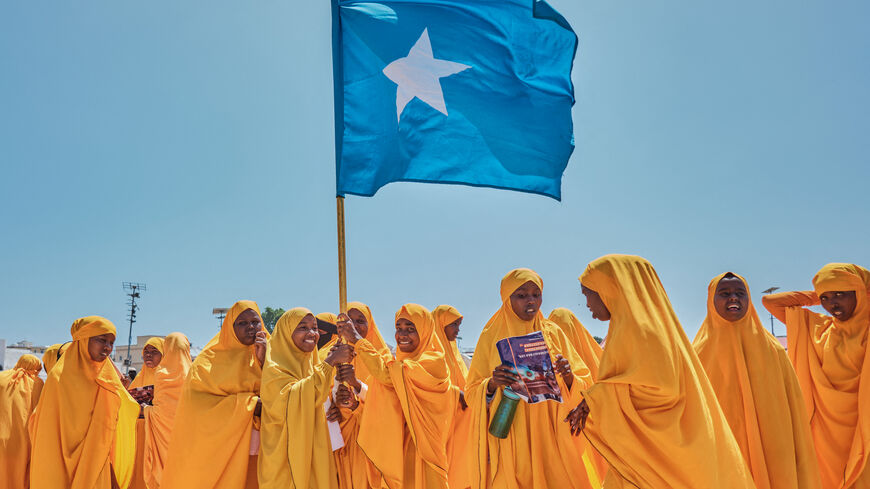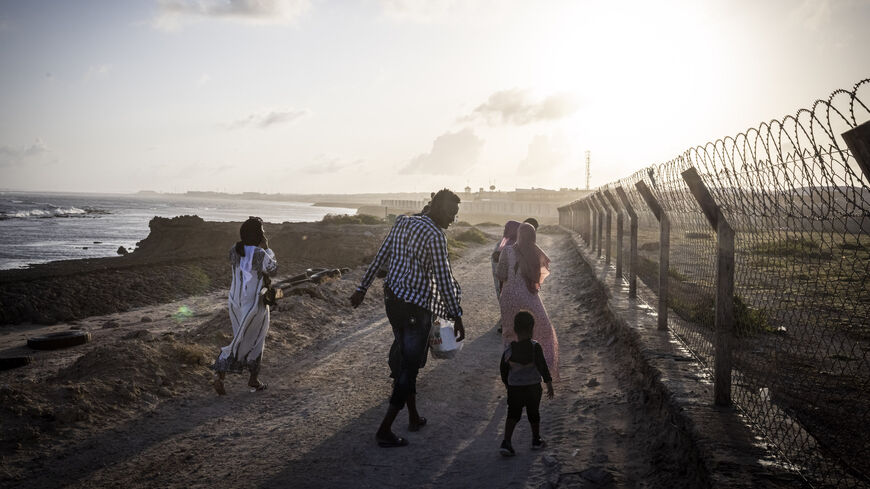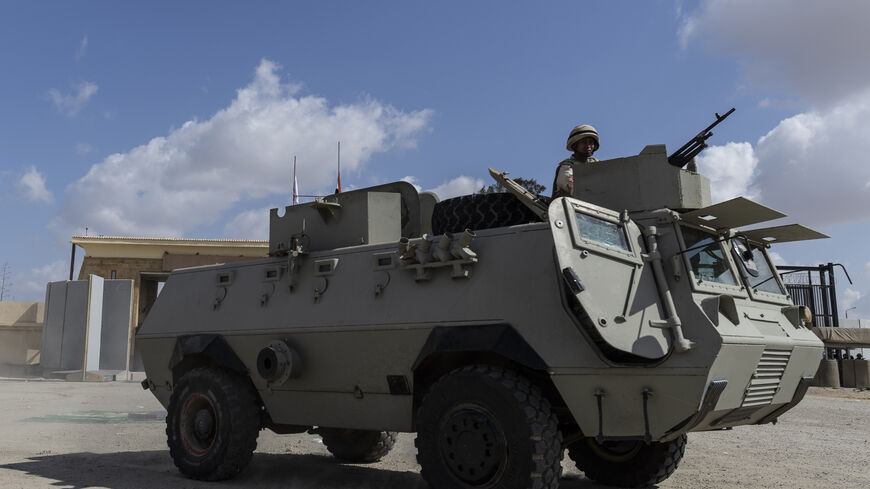Ethiopia-Somaliland deal receives wide condemnations, including from Egypt, Turkey
Several countries in the region condemned a recent deal giving Ethiopia access to Somaliland’s coast.

Somalia is receiving an outpouring of support following a controversial deal struck between neighboring Ethiopia and the breakaway region of Somaliland earlier this week.
Ethiopia’s Prime Minister Abiy Ahmed and Somaliland leader Muse Bihi Abdi signed on Monday a memorandum of understanding that would give Ethiopia access to the Red Sea.
Under the deal, Ethiopia will be allowed to use the port of Berbera in the breakaway region, and in exchange, Addis Ababa will recognize Somaliland as an independent state.
“The memorandum of understanding shall pave the way to realize the aspiration of Ethiopia to secure access to the sea and diversify its access to seaport,” Ahmed’s office said in a statement on Monday.
Speaking to reporters on Monday, Ahmed’s national security adviser, Redwan Hussein, said that Somaliland would lease 20 kilometers (12 miles) of its sea coast to landlocked Ethiopia to use as a military base and for commercial purposes under the agreement.
He added that Somaliland would also receive shares in its neighbor’s flagship carrier, Ethiopian Airlines, without providing more details.
Ethiopia has been using Djibouti’s port as its main trade route since losing direct access to sea after Eritrea announced its independence in 1993.
Somaliland, a 177,000-square-kilometer territory on the coast of the Gulf of Aden, declared its independence in 1991. But it remains recognized internationally as part of Somalia.
Reactions
This week’s deal has raised tensions in the already troubled Horn of Africa.
Somalia vehemently rejected the deal, describing it as a violation of its own sovereignty.
“Ethiopia's decision to reach a memorandum of understanding with Somaliland over access to the Red Sea is a total breach of Somalia's sovereignty and independence,” Somali government spokesman Farhan Jimale said at a press conference in Mogadishu on Tuesday.
The Arab League expressed its solidarity with Somalia in a statement on Wednesday, calling on Ethiopia to “abide by the rules and principles of good neighborly relations, respect the sovereignty of [neighboring] countries and not to interfere in their internal affairs.”
Similarly, the Organization of Islamic Cooperation (OIC) stressed its support for Mogadishu and the need to respect its territorial integrity.
In a statement released on Thursday, the OIC General Secretariat rejected “any act violating the sovereignty and territorial integrity of Somalia.”
The United States and European Union also condemned the deal reached between Ethiopia and Somaliland.
“The European Union would like to remind the importance of respecting the unity, the sovereignty and the territorial integrity of the Federal Republic of Somalia pursuant of its constitution, the Charters of the African Union and the United Nations,” the bloc said in a statement released earlier this week.
“This is key for the peace and stability of the entire Horn of Africa region,” it added.
Speaking to reporters on Wednesday, State Department spokesman Matthew Miller warned of the deal’s repercussions within the region, urging the concerned parties to “engage in diplomatic dialogue to resolve the issue.”
The African Union (AU) joined the US and EU in appealing for peace in the region.
AU Commission chair Moussa Faki Mahamat issued a statement on Wednesday calling on Ethiopia and Somalia to resolve their disputes through negotiations in order to maintain peace, security and stability in the Horn of Africa.
In the same vein, Turkey called for direct negotiations between Somalia and Somaliland while reiterating its commitment to Mogadishu’s sovereignty, according to a Foreign Ministry statement released Thursday.
Egypt, which is at odds with Ethiopia over the latter’s controversial Grand Ethiopian Renaissance Dam (GERD), also condemned the deal and stressed the need to respect Somalia's territorial integrity.
In a Wednesday statement, the Foreign Ministry called on African countries to abide by AU resolutions regarding borders, denouncing the escalating actions that “undermine the stability in the Horn of Africa region and intensify tensions among its nations.”



